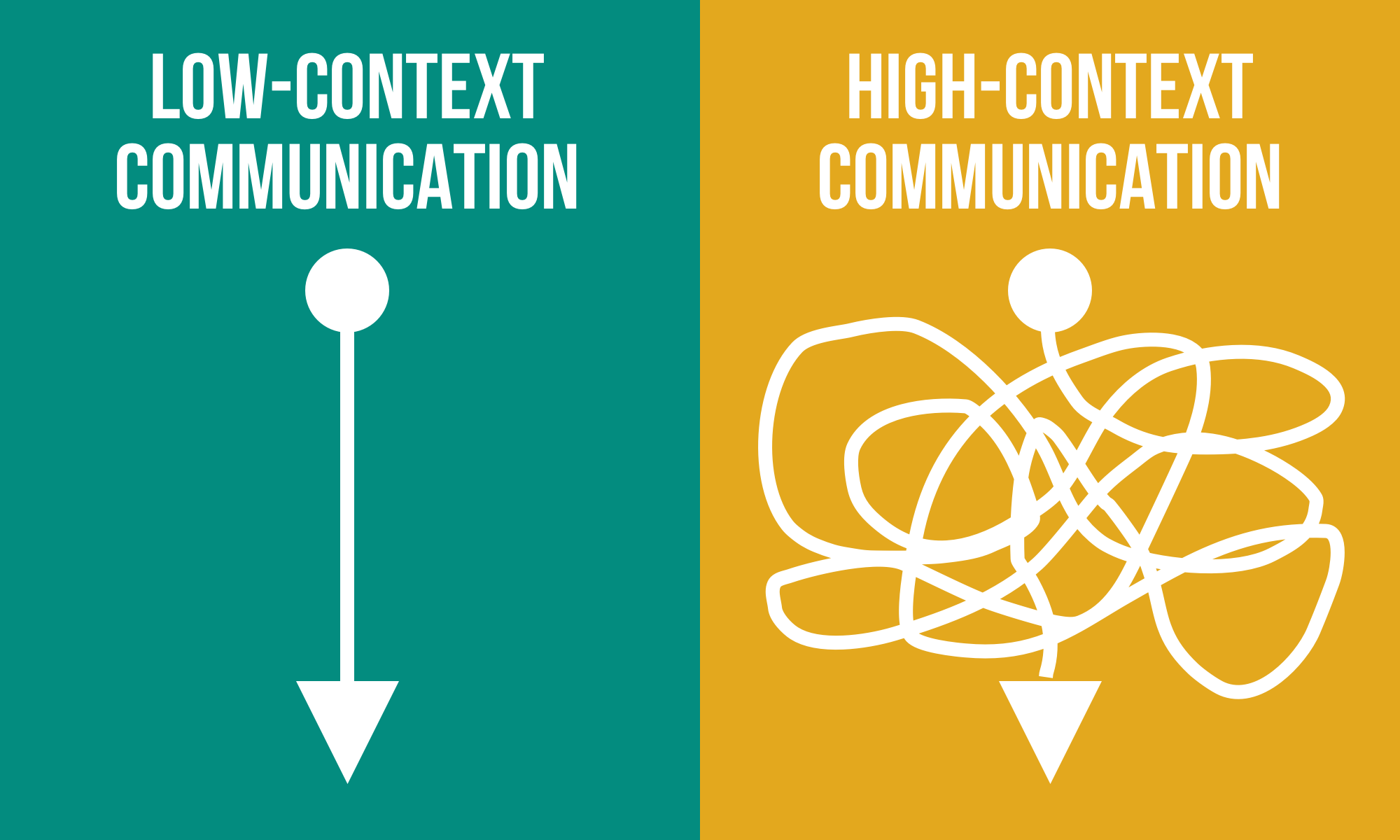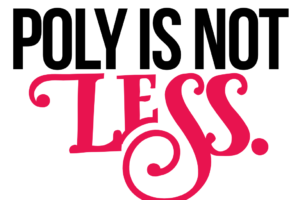Yesterday, I met this really cool guy. He’s a scientific comedian (THAT’S A THING!!) and communications educator to scientists. He teaches super-smart, super-technical people how to communicate outside their specialties in low-context language.
A couple weeks back, I was teaching a class on communication, and the subject of low context communication and high context communication came up.
In my own life, for example, low-context communication might be speaking to someone directly about their cock or dick. With Pet, I speak of ‘my toy,’ ‘my bon bon,’ and etc. We have shared context, so he always knows what I mean, while others in our surroundings do not.
A year or so ago, I read about a study of mastery, and the steps between beginner and master, and how to be successful in each level. The study had masters in their field create how-to rules and checklists for beginners.
With these checklists, the beginners grew, became more productive, and learned more about their field more quickly.
However, they then had the masters follow their own rules and checklist, and it was a disaster. They were slowed WAY down. Their productivity was diminished by a factor of 35% or more (depending on the fields and adherence).
All of these things came together in my head today with a simple writing prompt:
High Context VS Low Context
I’ve been chewing over this idea lately about how we teach consent. And how when I state basic consent models, I’m often directly contradicted by people who don’t really focus on explicit verbal consent within their relationships and are quite happy with that, thankyouverymuch.
Which is their right.
Thing is, I’m not talking to them.
I’m talking to the people who need to learn consent. The beginners. The newbies.
I’m speaking in low-context consent paradigms.
Low-context consent is direct. It’s clear. It’s verbalized. It’s hard to fuck up.
They are speaking in high-context consent.
High-context consent is implicit (versus explicit) and relies heavily on context, or the totality of the people involved, their history together, the current time, empathy, shared [exformation][https://fetlife.com/users/50648/posts/5087922], and more.
Low-context consent is explicit (enthusiastic yes, LOTS of communication/negotiation) and understood regardless of context.
And so when I’m writing about low-context consent strategies, and people are arguing high-context consent, we are out of sync.
We are talking about two different things.
I make some points about low-context consent in [Why Do We Think Consent Isn’t Sexy?][https://fetlife.com/users/50648/posts/4759575], while also touching on how high-context consent can go wrong, if the shared context is not maintained over time through communication and checking in (these can look very different in different relationships).
I upset quite a few people who felt that I was telling them that their way of consenting is wrong (I wasn’t), and that there is ONE right way to do things (there isn’t).
For example, I’ll pick on @R1HZ, because, well, because I can, and his point makes mine:
For a lot of primal Kinksters, I doubt that the micro managerial, continuous affirmative model that the nanny safety crowd advocates…will ever be sexy.
This is 100% fair.
I doubt the model he is imagining here (even with my previous writing to boost it) would be sexy to me, either.
And it’s perfectly OK to dismiss the “nanny safety crowd advocates” when those kinksters have shared high-context consent paradigms.
- Maybe they are in a primal group that has stated it’s ‘pack’ rules.
- Maybe they negotiated ahead of time.
- Maybe they know their play partners well, and have shared experiences and empathy that allow play without explicit consent.
GREAT!
They have consent. That’s all anyone should care about.
But people new to consent, they don’t have that same context. The see high-context people and try to emulate them, and end up violating consent.
Oops.
And they’re asked, “Well, why didn’t you get explicit consent?” Well, last week, they were told if they can’t take it (whatever “it” is), they are not a real dominant, because submissives don’t like to be asked.
Even high-context people will rarely use high-context consent rules when interacting with strangers.
Because the strangers don’t have shared context with them.
All those things I wrote about in that writing? I do them.
Not all of them.
Not all of the time.
And certainly not every single time I touch my Pet of nearly 6 years. Not even every time I play with a new partner.
But I do revert to that toolbox on occasion. Playing with super-newbies. Vanilla folk. People who don’t know the ins and outs of consent. People I want to see beg… LOL!
Anyway, this is probably a bit rambly. I’m OK with that.
I’ve wanted to write on this for while, and I’m glad it finally made it’s way to the screen.
I’d love your thoughts.
How do you experience high-context consent and low-context consent in your life?
In what areas of your life are you more explicit, or do you require more explicit low-context consent communication?
In what areas of your life are you more implicit, or do you require more implicit high-context consent communication?
Do you recognize when people are moving from low-context consent needs to high-context with you?









2 Responses
i guess in many relationships I’ve always experienced low context consent where yes everything was given out or talked about verbally but with not a lot of grounding to it. Therefore yes many things went wrong or bad things happened.
i’m starting to have more high context consent it’s mostly with some friendships and also before playing where both verbal and non verbal communication is used. i find that i really like high context consent where playing is involved because i feel more safe and comfortable.
Things can go wrong no matter what, and it’s scary when it happens.
I prefer high-context play, because I know I’ve gotten to know the people, and I have a better handle on who they are.